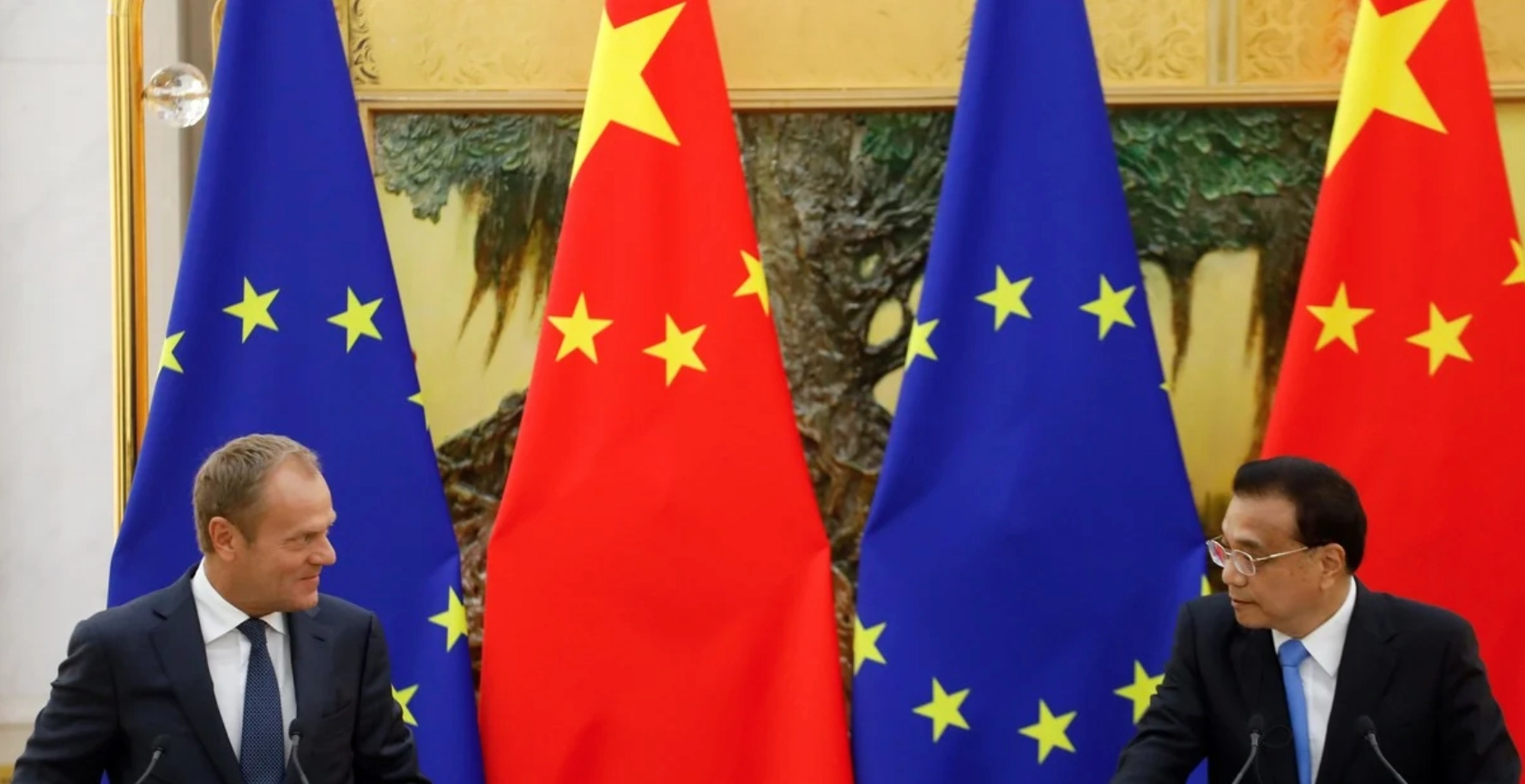Coauthor Pamela Aróstica
The deployment of China’s renewed power in the world mobilizes resources, awakens wills, reconfigures alliances, unsettles Western leaders, reorients strategies, and modifies perceptions on the part of personalities and state entities, business communities and even shapes world public opinion, dividing voices in favor or against. Thus, particularly in Europe and the United States, there has been a eureka effect, which shows that China’s power is not neutral on a political, social, and economic scale, and threatens their interests.
In Latin America and the Caribbean (LAC), China’s presence, through companies, training institutes, academic networks and the media, has increased its influence in the public and private spheres (on a regional scale) by provoking a profound attraction on its successful economic trajectory, which is based on a rigid one-party political system and the epicenter of a “heliocentric” order around which developing and developed nations revolve.
From this perspective, the III Summit of Heads of State and Government of the European Union (EU) and the Community of Latin American and Caribbean States (CELAC), which took place in Brussels on July 17 and 18, 2023 (after a gap of eight years), is a clear indicator of the simultaneous eureka effects that China has produced.
First of all, on Europe itself, which has changed its global positioning, and on China; the European Community seems to want to regain a lost status as a “global player” after having gone through deep economic crises, rifts such as Brexit and, currently, the war in Ukraine.
The “European awakening” has been (and is) traumatic; after decades of attempting a modus vivendi with Vladimir Putin’s Russia, the permissiveness of its westward advance (the annexation of Crimea and the invasion of Ukraine) clearly demonstrated the failure of the “appeasement strategy”, revealing Europe’s vulnerability and dependence on autocratic rulers, who, on repeated occasions and through the voice of strategists and intellectuals, exposed at the same time an “emerging power” eager for restoration (as part of the Chinese imaginary) and the “weakening of communitarian Europe”, that is, NATO.
The epicenter of this effect seems to be Germany. The first European economic power and China’s first trading partner in the EU seems to wake up from its long lethargy and recognize, through the publication of its strategy on China, the need to combine strategic prudence and security guarantees (food and energy) through pragmatic business management with the Asian dragon.
It is an approach that reaffirms strategies on de-risking (the elimination of risk by restricting ties with certain counterparties, rather than managing risk), but not de-linking (dissociation consists of decoupling one parameter from another). For post-Angela Merkel Germany, China is now a systemic competitor and a major trading partner on which it is necessary to adopt a new strategy, in order to preserve its “economic security”. China has changed; therefore, the view on China must also change.
Other European countries share this vision. They have realized (as a eureka effect) that China has become more powerful and assertive in foreign policy, controls strategic sectors in their economies through alliances, mergers, and acquisitions of companies (Great Britain), critical logistic circuits under the umbrella of the BRI (Greece), and because of its competitiveness, threatens their strategic interests in LAC. This vision is complemented by the American perspective that speaks of an even more intimidating “Chinese threat”, supported by the “unlimited” alliance with Russia, thus integrating a coalition of anti-Western “authoritarian states”.
The European reaction and its re-engagement with LAC can be interpreted from several perspectives. Revaluing its interest in LAC as a supplier of raw materials, mineral and energy resources, and food security; sustaining democratic institutions; containing the advance of China over governments and social leaders; recovering spaces of influence ceded by “distraction or disinterest” to individuals and governmental and non-governmental entities; and reaffirming the importance of LAC in the fight against global warming and environmental deterioration are factors that are linked to the change in the European perspective on the region. One indicator of Europe’s “rediscovery” is its ambition to sign a Free Trade Agreement (FTA) between the EU and Mercosur.
Today, mutual aspirations for a deeper interdependence between the EU and LAC are still valid, however, this will not be achieved by maintaining a reiterated European narrative (mantra) on development, democracy, human values, and historical ties, concepts that today do not seduce Latin American political decision-makers and economic agents. Recognizing the diversity of Latin American interests is a prerequisite for the EU to regain lost power.
In Latin American eyes, China appears as a more “efficient” and pragmatic partner as it moves forward with infrastructure projects, investments in industrial sectors, telecommunications agreements, and joint action plans for cooperation in key areas. In addition, China has signed several Free Trade Agreements (FTAs) in the region, most recently with Ecuador.
Is there still time?
Europe can recover lost spaces by applying a pragmatic vision, adapting an idea with LAC that is not centered on old and diffuse “values and symbology”, but based on real foundations that contemplate multilevel and multidimensional joint objectives (and not paternalistic as in the past) on shared development, industrial promotion, technological alliances, market opening, digital education, know-how, joint ventures, and university exchange, among other subjects.
These are concrete and sustained actions that will require a more proactive and inclusive “foundational” work with people and subnational and non-governmental entities. In a complex region where democracy has not proven to be efficient in terms of improving the quality of life of its people, the merely axiological discourse may sound empty.
In short, the EU of the 21st century will be welcome in the region through dialogue, concerted action to face common challenges, the promotion of development, and the training of human resources. Many of us would have liked an awakening, an earlier eureka effect, but… better late than never.
* This text was originally published on the REDCAEM website.
Pamela Aróstica is the Director of the China and Latin America Network: Multidisciplinary Approaches (REDCAEM) and senior researcher at the Center for Asia Pacific and India Studies (CEAPI), Universidad Nacional de Tres de Febrero (UNTREF), Argentina. Ph.D. in Political Science, Free University of Berlin, Germany.
Translated from Spanish by Janaína Ruviaro da Silva













